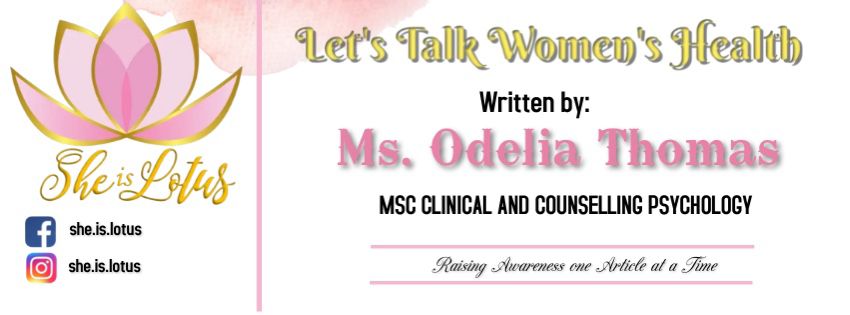Living with endometriosis, adenomyosis, fibroids and PCOS can be challenging, not only physically but emotionally as well. These conditions can be difficult to live with. Firstly, in many cases, persons remain undiagnosed for years; and secondly, even after diagnosis, treatment is not always readily available. Additionally, the symptoms that come along with these conditions can negatively impact one’s quality of life. As such, having healthy coping skills can help to buffer the impact of these conditions.
Tips for coping:
Find a doctor that listens to you and takes your concerns seriously. So many persons have experiences with doctors and medical professionals who dismiss their concerns or make them feel that their pain and other symptoms are all in their head. It might take trial and error, but find a doctor that listens to you and will help you to get the appropriate treatment.
Have a strong support system of friends and family. Sometimes, living with a pelvic health condition can seem lonely, isolating and disempowering. Do not be afraid to tell your loved ones how you’re feeling and what you’re thinking, and let them know how best they can support you. You can also join an online or in-person support group.
Learn as much as you can about your condition, different treatment options and follow along with current research. This is your body and your experience, so it is vital that you know what is happening with your body. This can help you to have some sense of control when living with conditions that can make you feel helpless.
Take care of your mental health. It is okay to talk with a mental health professional to work through your feelings and emotions, or to address symptoms of anxiety or depression that can often accompany pelvic health conditions.
Participate in activities that bring you joy and/or peace. What brings you joy and/or peace? Is it going to the beach, taking a walk or hanging out with friends? Whatever it is, engage in those activities. You can also practice mind-soothing activities such as yoga, meditation, reading a book, listening to calming music or journaling.
Living with these conditions can be stressful, so it is important to find ways to reduce stress that are effective for you. You can engage in a form of exercise that you enjoy such as running, walking, swimming or playing a sport. Exercise can help to boost one’s energy levels, lift your mood and help you to sleep better at night.
Rest. Endometriosis, adenomyosis, PCOS and fibroids can come with poor sleep quality and fatigue. As such, resting is invaluable. Make your bedroom your sanctuary by keeping it dark, quiet, and at a temperature that is comfortable for you. Reduce the use of electronics as it gets closer to the time that you plan to sleep, and do something relaxing instead, like reading. You may also want to consider avoiding caffeine and alcohol as it gets closer to the time that you have set as your bedtime. Limiting naps throughout the day can also help you to be able to sleep better at night, but do not feel guilty if you just need to take a day-time nap.
Be kind to yourself. A useful coping technique for persons living with endometriosis, adenomyosis, PCOS and fibroids is to acknowledge that there will be chronic pain and accept that some days will be worse than others.
Written by:
Ms. Odelia Thomas

